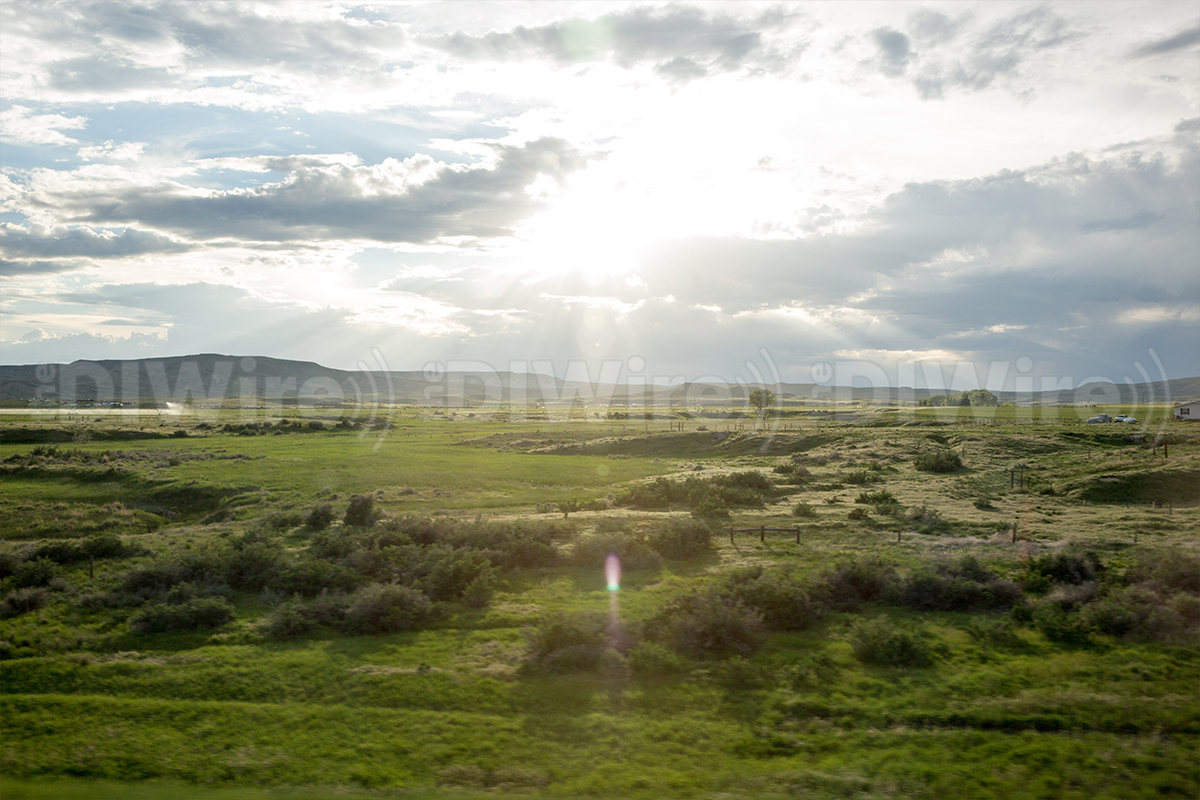Wyoming Reserve Launches Precious Metals-Based Offering with QOZ and QSBS Benefits

The Wyoming Reserve Opportunity Zone Fund Corporation announced that it is commencing an offering of common stock and is seeking to raise up to $43 million from accredited investors interested in potential tax advantages from qualified opportunity zone and qualified small business stock.
“In times of uncertainty, many investors historically turn to precious metals to help protect their wealth,” said Josh Phair, CEO of The Wyoming Reserve and a precious metals industry veteran. “The Wyoming Reserve Opportunity Zone Fund Corporation provides investors with an avenue beyond physical ownership of gold and silver or precious metals exchange-traded funds to access the asset class while also being structured to capitalize on two distinct tax advantages.”
The core business of The Wyoming Reserve – a high-security, precious metals-focused vault facility – is the third-party vaulting, transporting, buying and selling of precious metals held as inventory in a high-security, precious metals-focused vault facility. Additionally, The Wyoming Reserve aims to provide fulfillment and metal availability services to commercial and industrial customers, as well as the vaulting of other high-value physical and digital assets.
The company’s common stock will be offered to accredited investors at $10 per share pursuant to Regulation D, Rule 506(c) under the Securities Act of 1933.
The Wyoming Reserve is located in a 70,000-square-foot facility currently under renovation in a designated opportunity zone in Casper. The vault’s location in a qualified opportunity zone, or QOZ, generally allows investors who have realized capital gains from the sale of an asset within the past 180 days to invest their capital gains into a qualified opportunity fund and receive temporary deferral on the tax liabilities from their capital gains through the 2026 tax year.
Investments in qualified opportunity zone funds benefit from federal initiatives designed to incentivize long-term private investment in economically distressed communities by allowing the taxes on capital gains realized from the sale of certain assets, such as stocks, bonds, businesses, real estate and K-1 partnerships, to be deferred by investing the gains in designated QOZs. The most significant benefit of the program is the potential permanent elimination of taxes on capital gains realized from the sale or exchange of an investment in a QOF that has been held for a minimum of 10 years.
Additionally, The Wyoming Reserve intends to increase the possible tax advantage by qualifying its common stock as qualified small business stock. Enacted in 1993, Section 1202 of the Internal Revenue Code generally allows non-corporate investors to potentially exclude up to 100% of the gain from the sale of QSBS that has been held for five years to incentivize individuals to invest in small businesses.
“QOF investors have historically needed to wait 10 years to claim exemption on investment gains but the addition of QSBS in The Wyoming Reserve seeks to cut that time in half,” Phair continued. “We believe that the combination of tax advantages, the asset class and our team’s breadth of experience presents a compelling opportunity.”

